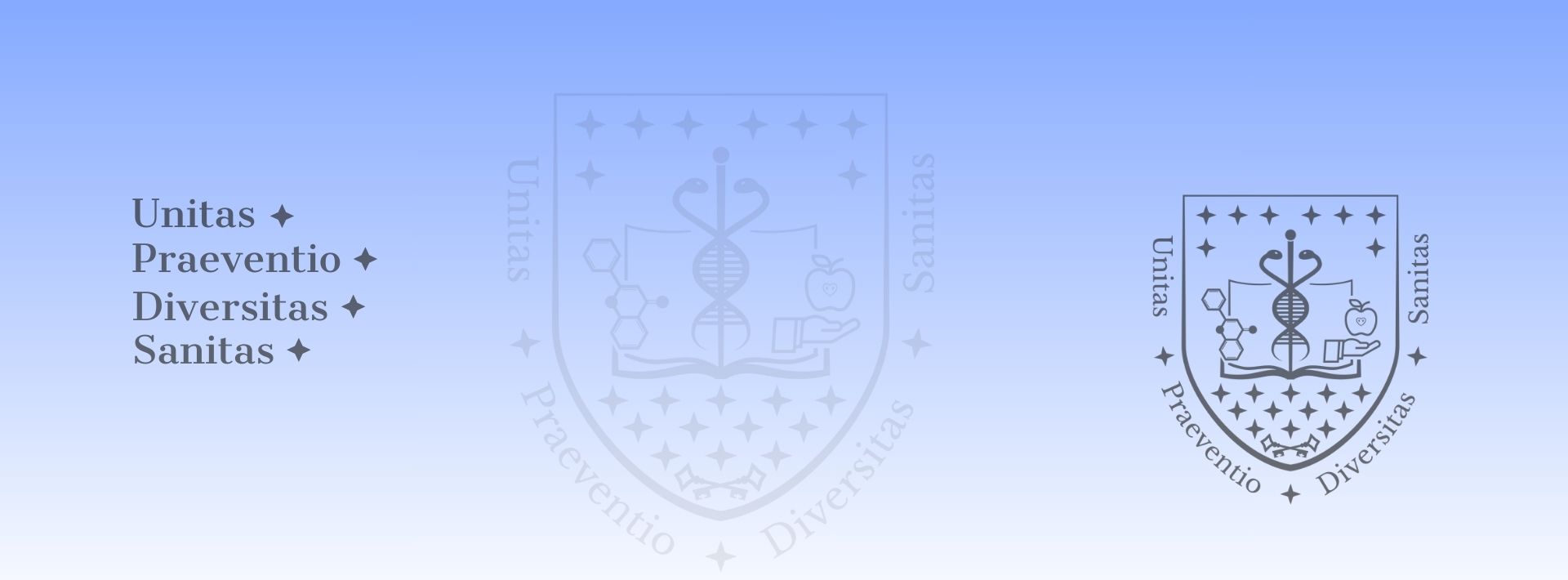Adatok
A Tantárgybejelentőben megadott hivatalos adatok az alábbi tanévre: 2024-2025
Tantárgyfelelős
-
Kiss István Zoltán (Népeg)
professor,
Department of Public Health Medicine
Óraszámok/félév
előadás: 0 óra
gyakorlat: 0 óra
szeminárium: 12 óra
összesen: 12 óra
Tárgyadatok
- Kód: OAF-VEG-T
- 1 kredit
- General Medicine
- Optional modul
- autumn
Nincs
Kurzus létszámkorlát
min. 5 fő – max. 24 fő
Campus kurzusként elérhető . Campus-karok: BTK GYTK TTK
Tematika
The impact of religiousness on health is scarcely debatable. On the other hand, impaired health status or struggle with diseases can influence our spirituality and even our religiousness. The aim of this course is to demonstrate the multifaceted and diverse relationship between religiousness and health. After defining religiousness and health possibilities of measurement will be discussed. Finally, connections between different dimensions of religiousness and health as well as potential mechanisms will be presented.
Előadások
Gyakorlatok
Szemináriumok
- 1. Faith, religion, religious affiliation, and health. Introduction and research history - Bőszné Murányi Edit
- 2. Concepts of disease and health. Health determinants. Social determinants of health - Bőszné Murányi Edit
- 3. Measurement of health status (morbidity, mortality, life expectancies, subjective health) - Bőszné Murányi Edit
- 4. Multidimensional approaches to religiousness - Bőszné Murányi Edit
- 5. How to measure religiousness? - Bőszné Murányi Edit
- 6. Religious affiliation as a potential social determinant of health - Bőszné Murányi Edit
- 7. The role of religious community in health status - Bőszné Murányi Edit
- 8. Health behaviour and health culture in different religions - Bőszné Murányi Edit
- 9. Connection between spirituality, private religiousness, and health - Bőszné Murányi Edit
- 10. Religiousness and mental health. The role of religion in mental disorders - Bőszné Murányi Edit
- 11. Religiousness and physical health: the role of religiousness in the development of non-infectious diseases; the role of chronic non-infectious diseases in religiousness - Bőszné Murányi Edit
- 12. Religion and use of health services - Bőszné Murányi Edit
A tananyag elsajátításához szükséges segédanyagok
Kötelező irodalom
Saját oktatási anyag
Jegyzet
Ajánlott irodalom
Koenig HG. Religion, spirituality, and health: the research and clinical implications. ISRN Psychiatry. 2012 Dec 16;2012:278730. doi: 10.5402/2012/278730.
Hall DE, Meador KG, Koenig HG. Measuring religiousness in health research: review and critique. J Relig Health. 2008 Jun;47(2):134-63. doi: 10.1007/s10943-008-9165-2.
Zachary Zimmer, Florencia Rojo, Mary Beth Ofstedal, Chi-Tsun Chiu, Yasuhiko Saito, Carol Jagger, Religiosity and health: A global comparative study. SSM - Population Health. Volume 7, 2019. https://doi.org/10.1016/j.ssmph.2018.11.006.
A félév elfogadásának feltételei
-
Félévközi ellenőrzések
Students report on their knowledge on the ending seminar. The exam - depending on the number of students - is a multiple choice test or an oral presentation about a topic.
Távolmaradás pótlásának lehetőségei
There are no make-upe classes.
Vizsgakérdések
Students report on their knowledge on the ending seminar. The exam - depending on the number of students - is a multiple choice test or an oral presentation about a topic.
List of topics:
1. Concepts of disease and health. Health determinants
2. Social determinants of health
3. Measurement of health status (morbidity, mortality, life expectancies, subjective health)
4. Multidimensional approaches to religiousness. Measurement of religiousness
5. Religious affiliation as a potential social determinant of health
6. The role of religious community in health status
7. Health behaviour and health culture in different religions
8. Connection between spirituality, private religiousness, and health
9. Religiousness and mental health
10. Religiousness and physical health
Vizsgáztatók
Gyakorlatok, szemináriumok oktatói
- Bőszné Murányi Edit
